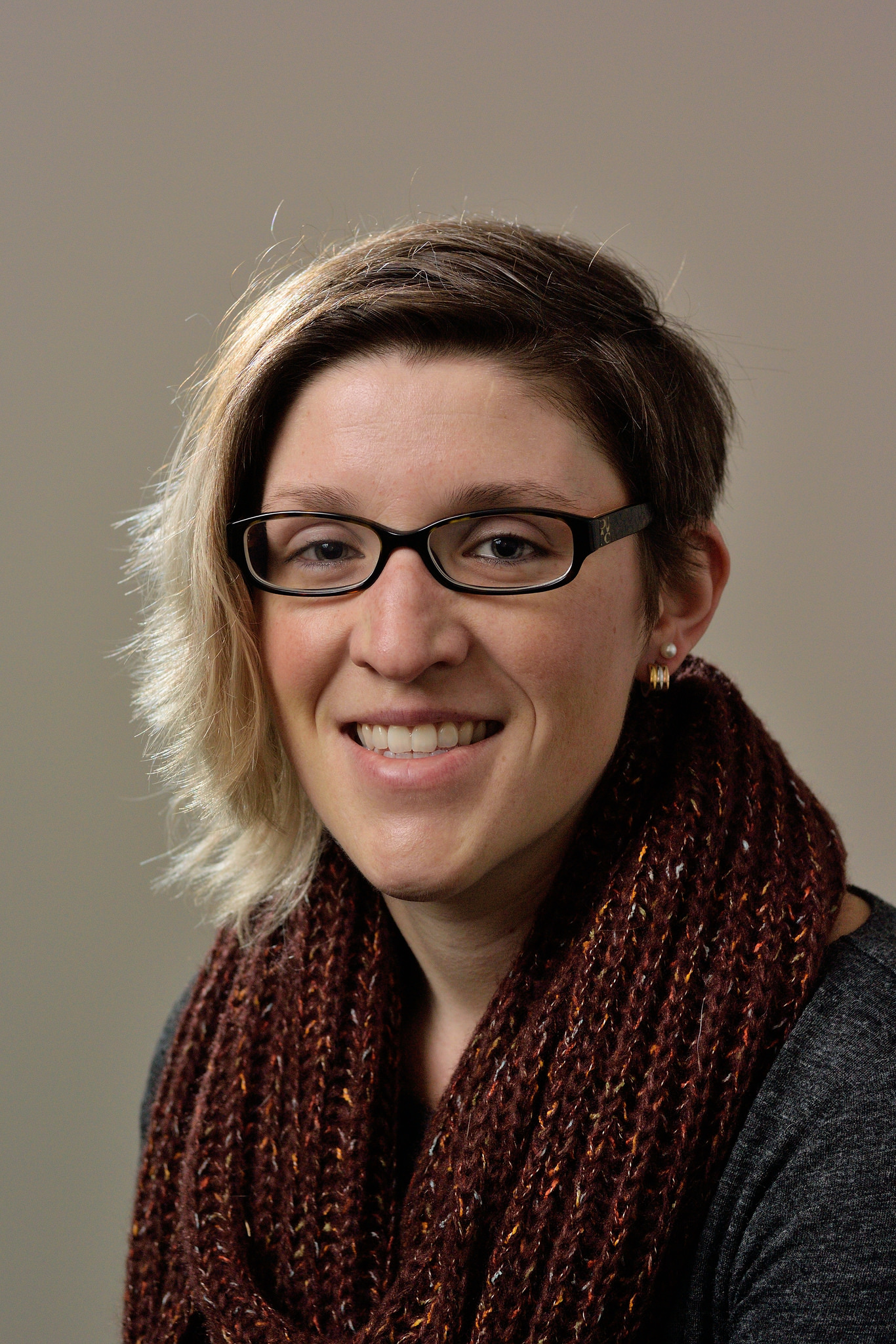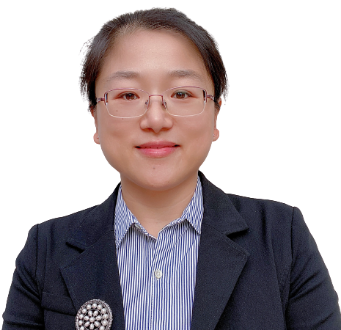Congratulations 2022 Cotswold Foundation Postdoctoral Fellows
February 10, 2022
The Cotswold Foundation Postdoctoral Fellowship is intended to foster the career development of Drexel University postdoctoral researchers in formal, physical, life and applied sciences who are pursuing a career in academic research and are seeking long-term employment at an US educational and/or research institution. The fellowship is intended to subsidize and support postdoctoral training by providing $50,000 for one year which can be utilized for salary, fringe and professional development or any combination of the three.
In 2021, the Office of Postdoctoral Affairs received an additional donation from the Cotswold Foundation Postdoctoral Fellowship to award two more fellowships, in addition to our two annual fellowships.
The Office of Postdoctoral Affairs would like to recognize and congratulate the 2022 fellows:
 Stephanie Matt, PhD
Stephanie Matt, PhD
Pharmacology and Physiology
Graduate School of Biomedical Sciences and Professional Studies
Project: "Epigenetic regulation of dopamine induced by substance abuse and HIV-associated neuroinflammation"
Dr. Matt received her Ph.D. in Neuroscience at the University of Illinois at Urbana-Champaign in the Integrative Immunology and Behavior Lab of Dr. Rodney Johnson. Her graduate work focused on exploring epigenetic regulation of microglial activity in mice, as well as evaluating potential pharmacological and dietary interventions that act as epigenetic modifiers that could ameliorate chronic age-related neuroinflammation. She is now a fourth-year Postdoctoral Fellow in the Department of Pharmacology and Physiology in Dr. Peter Gaskill’s Lab. Her research now focuses on dopamine-mediated changes in inflammation and HIV infection in human macrophages and microglia. The use of illegal drugs — all of which act by increasing dopamine in the brain — is disproportionately prevalent within the HIV-infected population and can exacerbate HIV-associated neurocognitive disorders. Specifically for the Cotswold Fellowship, she is evaluating how dopamine and HIV interact to aberrantly alter epigenetic factors regulating inflammation in human microglia. Defining the specific epigenetic modifications promoting neuroinflammation in myeloid cells in response to dopamine and HIV infection will provide foundational data for future studies using epigenetic inhibitors as adjuvant ART therapies in HIV-infected individuals with substance use disorders. Ultimately, her goals are to continue to mentor and support future generations of neuroimmunologists by establishing an independent research program using a multidisciplinary approach to investigate the role of neurotransmitters in mediating regulation of inflammation.

Josiah Kephart, PhD, MPH
Urban Health Collaborative
Dornsife School of Public Health
Project: "The impacts of climate-related extreme flood events on health and health disparities in Latin American cities"
Josiah Kephart, PhD, MPH is an environmental epidemiologist and a Postdoctoral Fellow at the Urban Health Collaborative at the Dornsife School of Public Health. He received a PhD in Exposure Science and Environmental Epidemiology from Johns Hopkins University, where he researched household air pollution and respiratory health in Peru. Josiah previously received an MPH from Johns Hopkins University and a bachelor’s degree in Global Affairs from George Mason University. Josiah’s research focuses on understanding how climate change, air pollution, and the urban environment contribute to health disparities in Latin America and the US
 Emanuela Piermarini, PhD
Emanuela Piermarini, PhD
Neurobiology and Anatomy
Graduate School of Biomedical Sciences and Professional Studies
Project: "Gene therapy approach for SPG4-based Hereditary Spastic Paraplegia"
Emanuela was born and raised in a small town close to Rome, Italy. She earned her PhD degree in Biochemistry and Molecular Biology at University of Rome "Tor Vergata"/Children’s Hospital and Research Institute IRCCS “Bambino Gesù” in 2016. During her PhD training she studied the role of oxidative stress in the context of Friedreich's ataxia, a rare neurodegenerative disease affecting children. She joined then Dr. Peter Baas laboratory as a postdoc and recently as a Research Associate, where she leads the Hereditary Spastic Paraplegia (HSP) project by using a novel mouse model. She characterized behavioral deficiencies and anatomical changes to better characterize the disease progression and understand the mechanisms of neurodegeneration in order to apply therapies. Emanuela is hard-working, scholarly productive, and passionate researcher, committed toward resolving therapy for the HSP patients are severly underserved by the biomedical community.
 Hua Zhang, PhD
Hua Zhang, PhD
Electrical and Computer Engineering
College of Engineering
Project: "High Efficiency Medium Voltage Power Conversion Technology Leveraging the Next Generation Wide Bandgap Semiconductors for Grid Integration"
Dr. Hua Zhang is a postdoctoral research associate in the Department of Electrical and Computer Engineering at Drexel University. She is also the recipient of the Cotswold Foundation Postdoctoral Fellowship for 2022. Dr. Zhang received her BS, MS, and Ph.D. degrees in Electrical Engineering from the Northwestern Polytechnical University, China, in 2011, 2014, and 2017, respectively. Previously, she was a lecturer at the San Diego State University from 2016 to 2017 and a joint Ph.D. student at the University of Michigan-Dearborn from 2014 to 2015. Her research focuses on the high-efficiency power electronics technology leveraging the next generation wide bandgap semiconductor devices, especially for electric vehicles, wireless charging, and solid-state circuit breaker applications. Her research has received three Best Journal Paper Awards from the IEEE Transactions on Power Electronics and two additional conference awards. Her recent research also includes high-frequency resonant converters, connected and automated vehicles (CAVs), renewable energy, and smart grid.